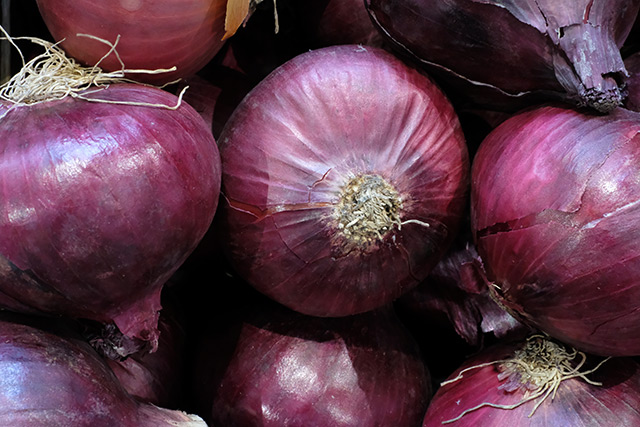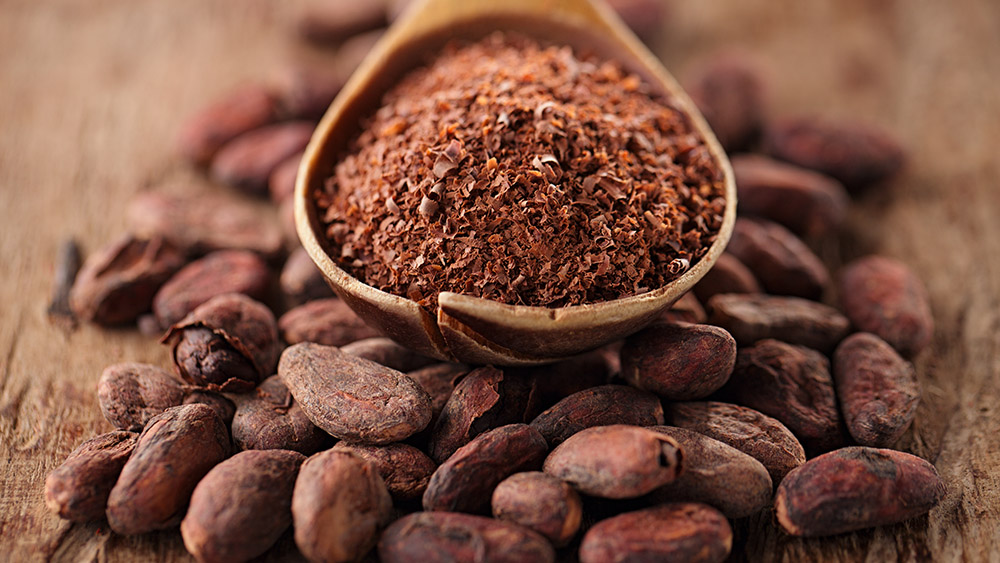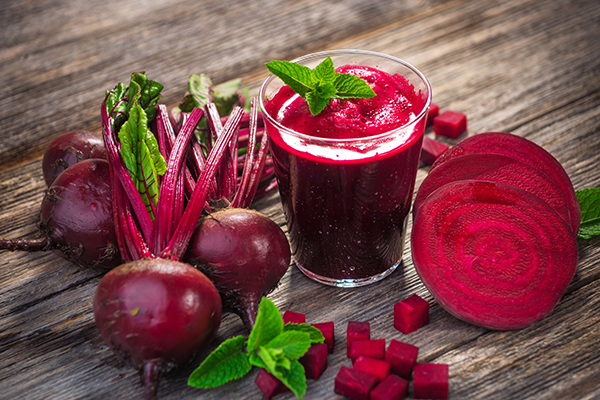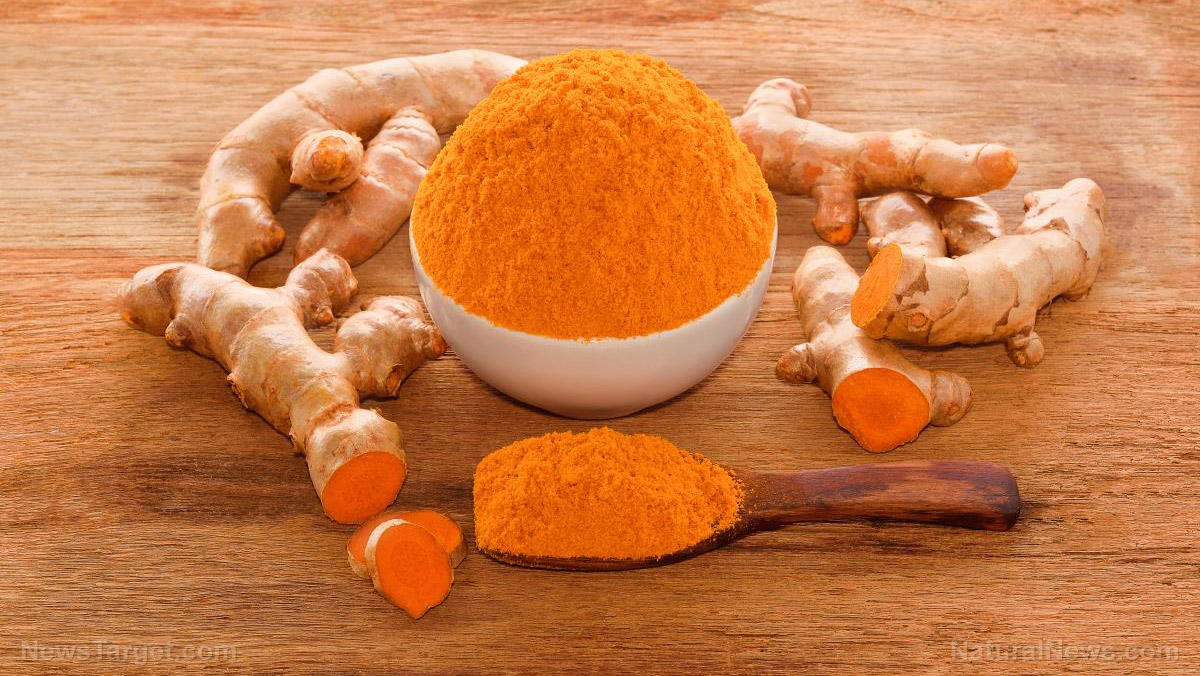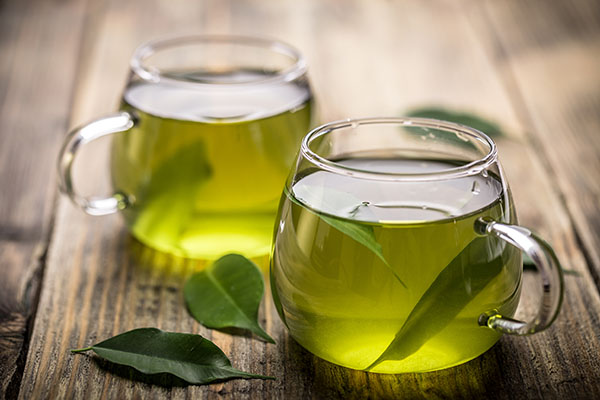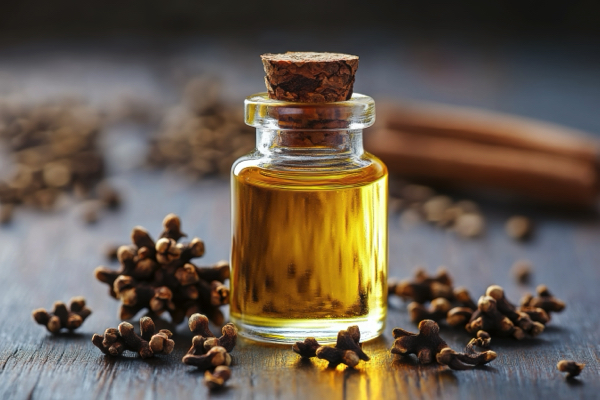Beans: A simple, affordable solution for better health and longevity
09/07/2025 / By Willow Tohi
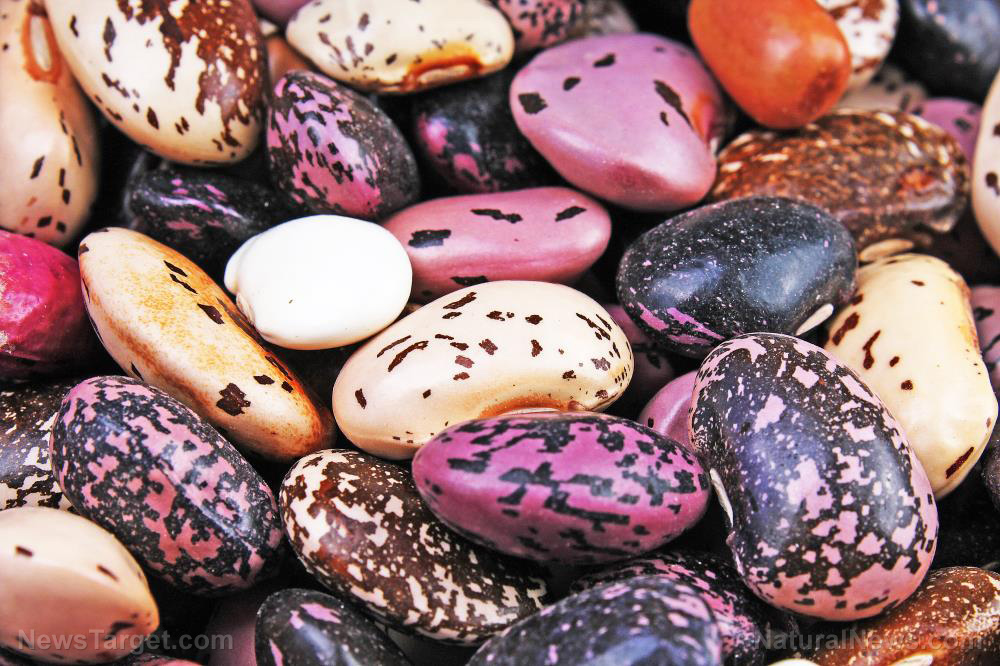
- A daily cup of beans (chickpeas or black beans) slashed cholesterol by 15 points and reduced inflammation by 27% in a 12-week USDA-funded trial, outperforming statins without side effects.
- Traditional Chinese Medicine (TCM) links bean colors to organ support—red for heart, green for liver, yellow for spleen, white for lungs, black for kidneys—backed by modern studies on polyphenols, saponins and antioxidants.
- Navy beans increased beneficial gut bacteria (Faecalibacterium, Bifidobacterium) in colorectal cancer survivors, reducing inflammation and pathogenic microbes, per an MD Anderson trial.
- Beans outperform meat in protein-to-fat ratios, stabilize blood sugar better than starches and cost pennies per serving—yet face industry resistance due to their threat to pharmaceutical profits.
- Ancient TCM practices (e.g., black bean porridge for kidney health) align with clinical findings, proving food-as-medicine strategies can rival synthetic drugs.
In the world of health and wellness, the humble bean is emerging as a superfood capable of preventing chronic diseases and promoting longevity. Recent studies have uncovered remarkable benefits associated with bean consumption, corroborating traditional wisdom from Chinese medicine and modern nutritional science. Beans, packed with protein, fiber and antioxidants, are not only cost-effective but also offer significant health perks, ranging from heart health to cancer prevention. This article delves into the multifaceted health benefits of beans, particularly focusing on their role in improving gut health, enhancing cardiovascular function and preventing chronic diseases.
Beans: Nature’s multi-purpose superfood
Beans are nutritional powerhouses, offering a versatile and accessible solution to many of today’s health challenges. According to Mopelola Adeyemo, MD, a clinical nutritionist at UCLA Health, “Beans are in a unique category because they are a protein source, but they are also complex carbohydrates.” A half-cup serving of beans contains about 8 grams of fiber and 8 grams of protein, making them an excellent choice for those looking to reduce meat consumption or lower their cholesterol levels. The fiber in beans helps regulate blood sugar, prevent constipation and may even lower the risk of certain cancers. Additionally, the antioxidants found in beans fight off free radicals, potentially reducing the risk of cell damage and disease.
- High protein and fiber content: Beans provide essential amino acids, fiber and antioxidants.
- Heart health benefits: Lower cholesterol, reduce inflammation and improve blood pressure.
- Gut health: Support a diverse gut microbiome and enhance digestion.
- Cancer prevention: Navigate colorectal cancer through improved gut health and reduced inflammation.
- Affordability: A budget-friendly alternative to pharmaceuticals for better health.
Heart health: Lower cholesterol and improve blood pressure
The cardiovascular benefits of beans cannot be overstated. The soluble fiber in beans, such as that found in chickpeas and black beans, acts like a natural “sponge” by binding to bile acids, effectively reducing cholesterol. This is particularly beneficial for individuals with prediabetes or those at risk for heart disease. A 12-week clinical trial found that participants who consumed just one cup of black beans daily experienced a significant reduction in inflammation markers—specifically, interleukin-6, a key inflammation marker linked to heart disease and diabetes. This is a marked improvement over synthetic statins, which can be risky and cause muscle damage or liver dysfunction. The affordability of beans makes them a cost-effective alternative, particularly in regions where pharmaceuticals are expensive.
Gut health: Diversified microbiome, better immune function
Recent research published in eBioMedicine by The University of Texas MD Anderson Cancer Center has emphasized the dual benefits of beans on the gut microbiome and overall health. The BE GONE trial demonstrated that participants who included a cup of navy beans in their diet saw a significant increase in beneficial bacteria, such as Faecalibacterium, Eubacterium and Bifidobacterium, and a corresponding decrease in pathogenic bacteria. This shift in the microbiome helps ward off harmful bacteria, supports immune function and regulates inflammation. These findings underscore the therapeutic role of prebiotic-rich foods, especially for those at high risk for colorectal cancer.
Preventing chronic diseases: Cancer and beyond
Beyond cardiovascular benefits, beans have shown promising properties in cancer prevention and treatment. A study published in eBioMedicine found that adding navy beans to the diets of colorectal cancer (CRC) survivors led to significant improvements in gut diversity and immune function. Incorporating beans into one’s diet has the potential to positively impact both gut and host health, modulating markers linked to obesity and disease. The fiber and amino acids in beans create a prebiotic environment that supports the beneficial bacteria in the colon, combatting inflammation and supporting immune health.
A budget-friendly path to health
The affordability and accessibility of beans make them an ideal superfood for a broad population. A can of beans typically costs less than a dollar per serving, whereas cholesterol drugs like statins can cost up to $1,200 annually. The USDA has highlighted the versatility of beans, recommending them as an essential part of a well-balanced diet. Simple dietary changes, such as swapping meat for beans in soups or salads, can lead to substantial health improvements.
Harnessing the power of beans for a healthier future
Beans offer a simple, affordable solution for improving heart health, gut health, and preventing chronic diseases. From cardiovascular benefits to cancer prevention, the research underscores the potential of this food to enhance longevity and overall health. As more people seek natural, cost-effective solutions to their health challenges, beans stand out as a key player in promoting a healthier future. Incorporating beans into one’s diet isn’t just about eating better; it’s about living longer and healthier. As the saying goes, sometimes the best solutions are the simplest.
Sources for this article include:
Submit a correction >>
Tagged Under:
beans, Cures, digestion, food cures, food is medicine, grocery cures, gut health, healing, immune system, ingredients, longevity, natural health, nutrients, organ health, plant medicine, prevention, veggie
This article may contain statements that reflect the opinion of the author
RECENT NEWS & ARTICLES
COPYRIGHT © 2017 PHYTONUTRIENTS NEWS



